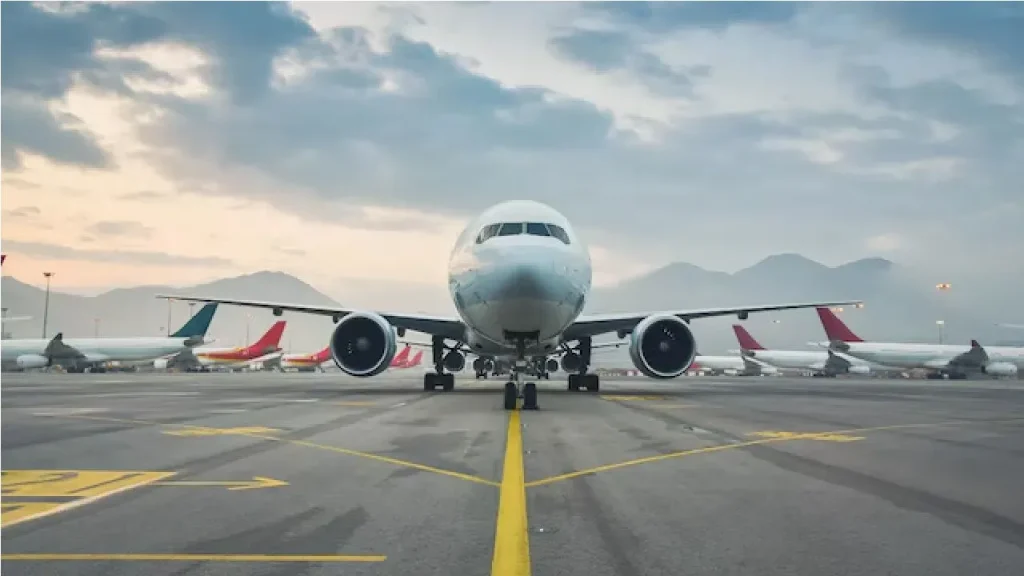Context:
The Parliament recently passed the Bharatiya Vayuyan Vidheyak Bill, 2024, which seeks to replace the existing Aircraft Act of 1934.
Key objectives of the Bill:

- It aims to Enhance safety, regulatory oversight, and consumer protection in aviation.
- It promotes self-reliance in aircraft manufacturing and encourages investments.
- It strengthens governance structures for civil aviation authorities.
Key Provisions of the Bill:
Regulatory Bodies: The central government will have the authority to supervise the following bodies, with powers to review or modify their orders:
- DGCA (Directorate General of Civil Aviation): Oversees safety and regulatory functions within the aviation sector.
- BCAS (Bureau of Civil Aviation Security): Responsible for overseeing aviation security.
- AAIB (Aircraft Accident Investigation Bureau): Investigates accidents related to aircraft.
Offences and Penalties:
- The Bill identifies various offenses, such as:
- Flying an aircraft dangerously.
- Carrying prohibited goods like arms or explosives in an aircraft.
- Upon Failing to comply with directions of DGCA and BCAS.
- These above offenses will be punishable by up to two years in prison, a fine of up to ₹1 crore or both.
- The Bill provides the central government with discretionary powers to specify criminal or civil penalties for violations of certain Rules under it.
- Regulation of activities related to aircraft such as design, manufacturing, use, and trade
- Implementation of international conventions, investigation of accidents,
- Protection of public health, and
- Powers to detain aircraft.
- Civil penalty may be up to one crore rupees.
- Criminal penalty will be imprisonment up to two years, a fine up to one crore rupees, or both.
Powers to Make Rules under the Bill:

- The central government can make rules on the regulation of activities related to aircraft, including licensing, certification, and inspection. For E.g.: –
- The government can regulate air transport services through specific rules.
- Rules can be made for implementing the Convention on International Civil Aviation, 1944.
- Rules regarding radiotelephone operator certificates and licenses under the International Telecommunication Convention.
- A new provision allows for a second appeal against decisions related to the imposition of penalties by the first appellate officer for violations under the Bill.
Criticism regarding the naming of Bill:
- The Bill’s title change to Hindi triggered a debate, with some supporting it as a reflection of India’s cultural identity, while others deemed it unnecessary.

